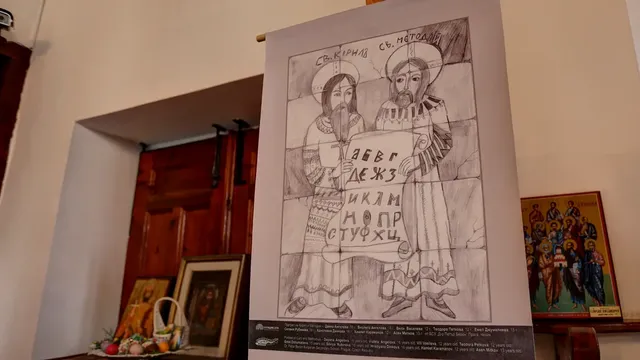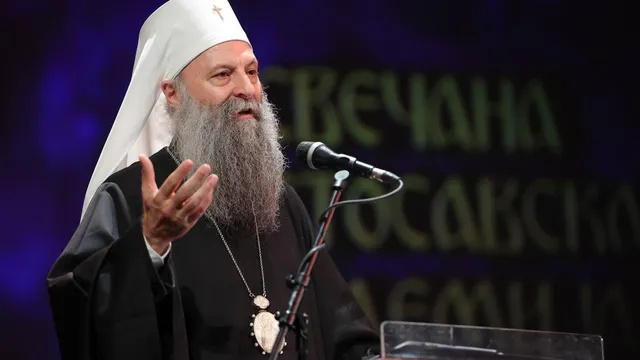By Katerina Taneva, journalist at International News, BGNES
The legacy of Saints Cyril and Methodius extends far beyond the creation of the Glagolitic and Cyrillic alphabets. Their work marks a turning point in the cultural and spiritual development of Bulgaria and the Slavic world.
In the 9th century, Constantine-Cyril the Philosopher championed the right of Slavic peoples to use their own language in Christian worship. His declaration in Venice, where he boldly opposed the doctrine of the "three sacred languages" (Latin, Greek, and Hebrew), still resonates today: “Our language has the right to exist and is equal to all others!”
Together with his brother Methodius, Cyril laid the foundation for Slavic literacy and Christian education. Their disciples, supported by the Bulgarian ruler Boris I, brought this mission to fruition in the First Bulgarian Empire, establishing Old Bulgarian (Church Slavonic) as both a liturgical and literary language. This was not merely a religious act — it was a cultural revolution.
The Bulgarian people embraced this gift of literacy, and the new alphabet became a powerful tool for shaping national identity. As early as the 9th century, Bulgarian writers celebrated the holy brothers. In his famed work, the monk Chernorizets Hrabar remarked that while the Greeks had forgotten the origin of their script, “every Slav knows that Cyril and Methodius gave them theirs.”
This reverence only deepened over the centuries. Churches, schools, and cultural institutions across Bulgaria have been named in their honor. The first of these schools was established in the village of Prilep in 1843. By the mid-19th century, celebrations of their work had spread widely across Bulgarian lands — from Constantinople to Kalofer.
May 11 and May 24, now observed as the Day of Bulgarian Education and Culture and of the Slavic Alphabet, are often referred to as a “Spiritual Easter” — a time not only for remembrance but for cultural pride and renewal.
In Rome, where Cyril is buried, respect for the brothers has also grown. The Vatican recognizes their contribution to European Christianity. In 1980, Pope John Paul II declared them co-patrons of Europe, calling them a bridge between East and West.
Today, the influence of Cyril and Methodius endures. The written word they helped create not only preserved Christian faith in Bulgaria but also safeguarded the nation's identity through centuries of foreign domination. Their mission lives on — written in the very letters that continue to tell their story. | BGNES

 Breaking news
Breaking news
 Europe
Europe
 Bulgaria
Bulgaria







